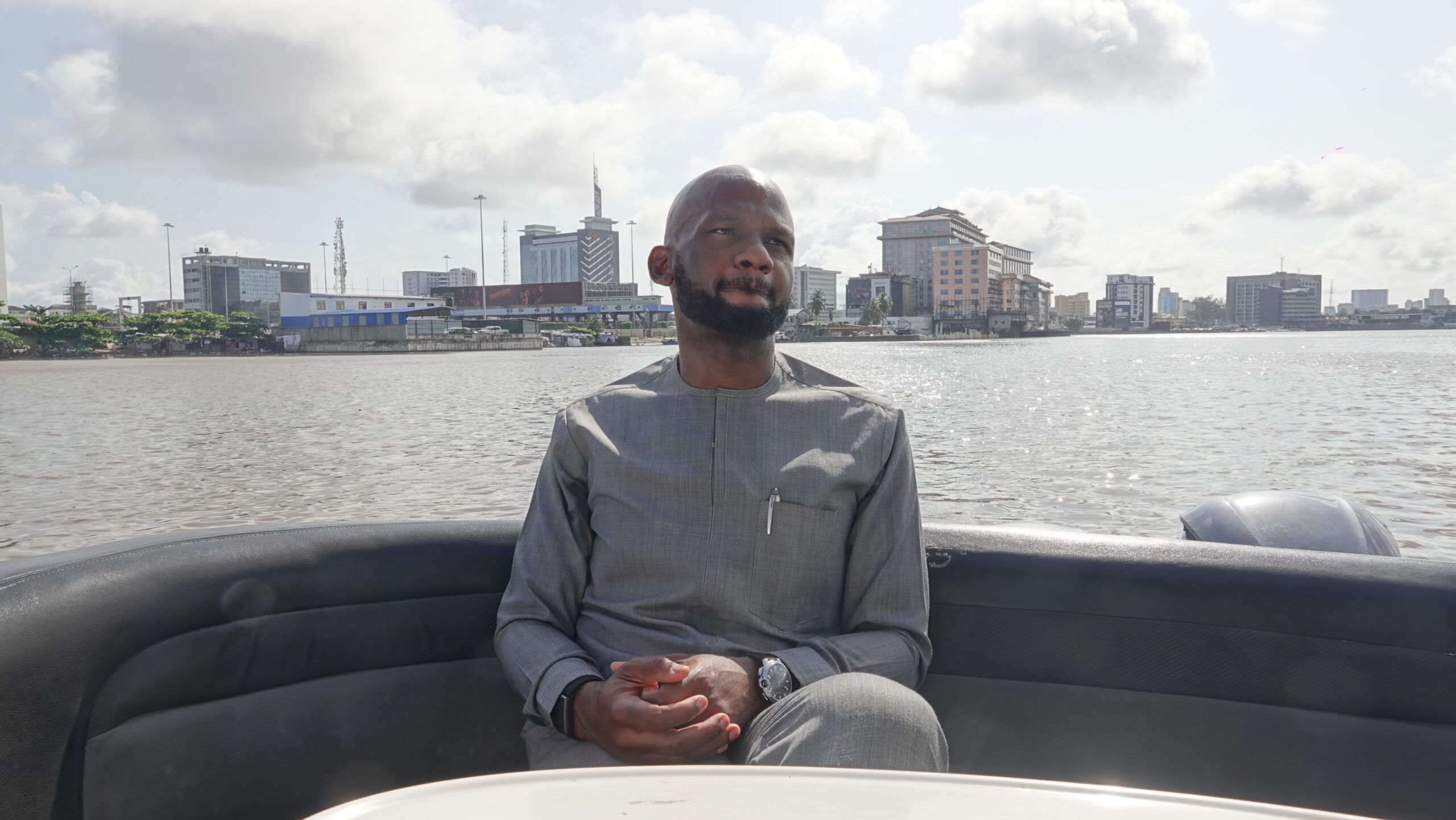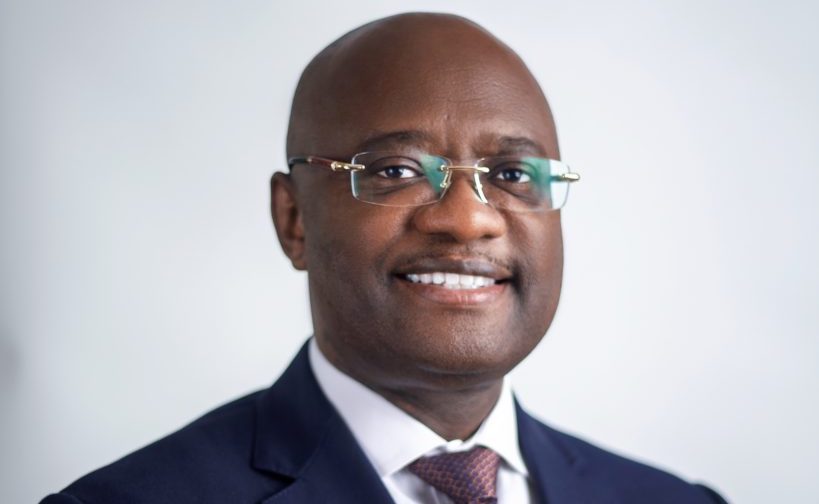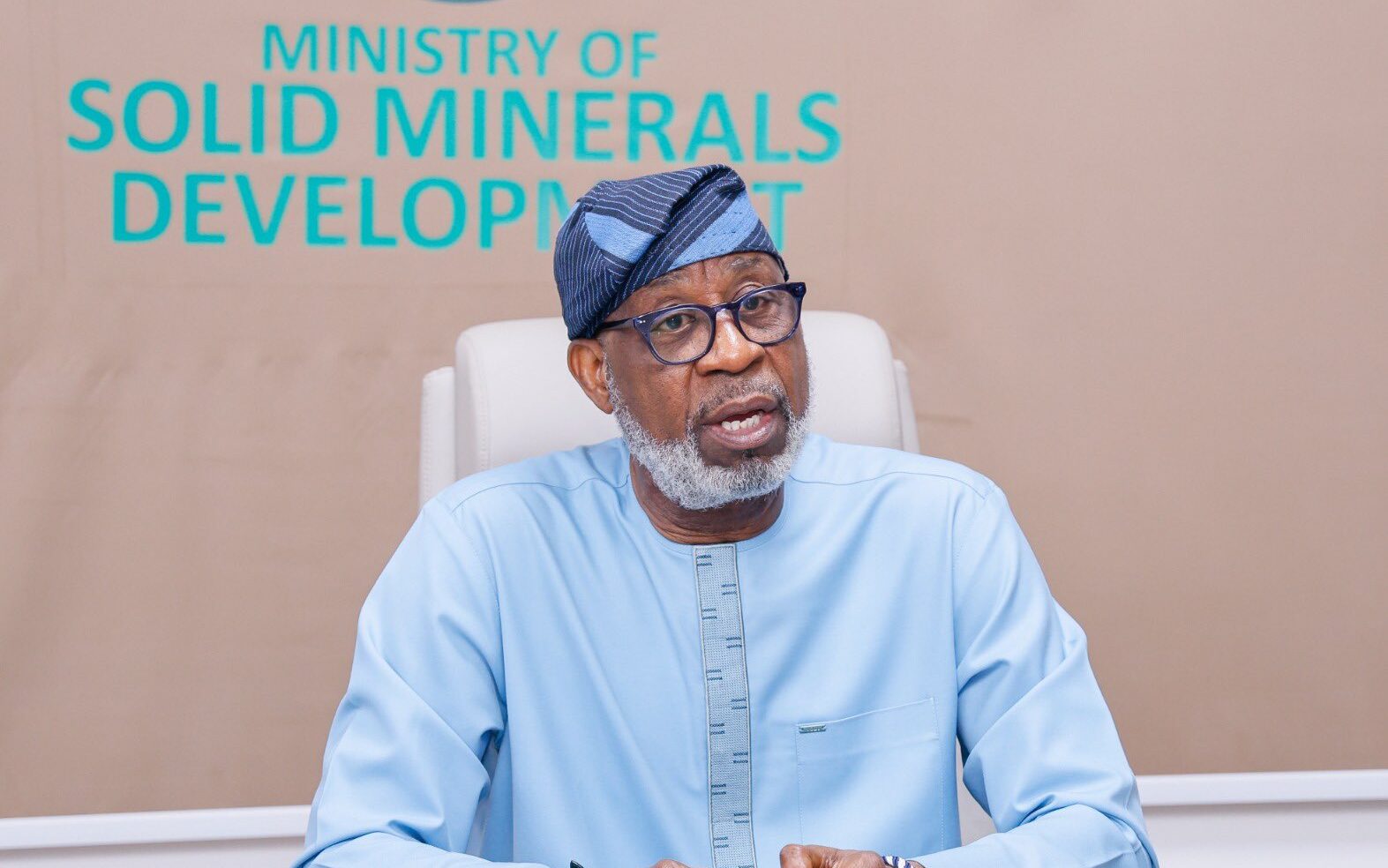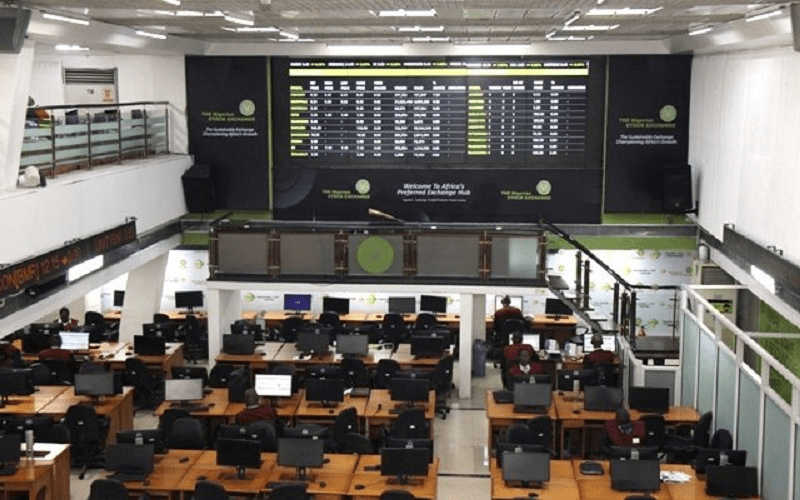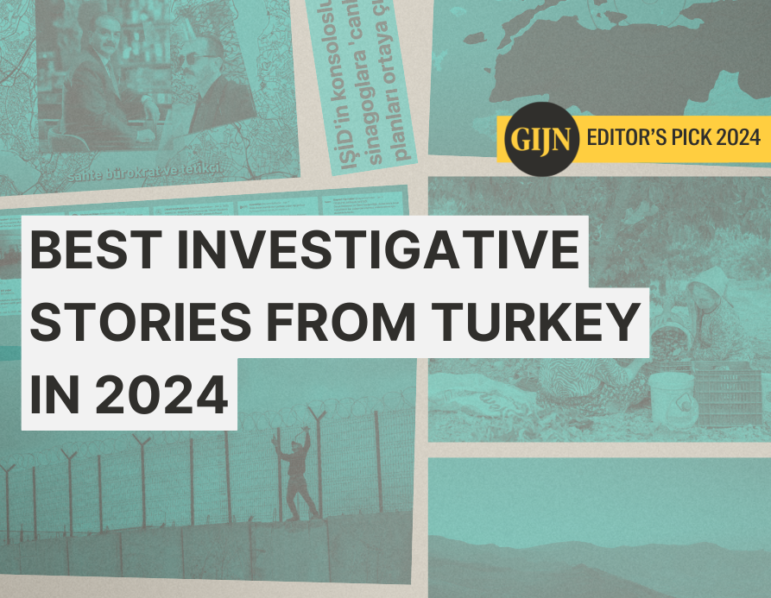

Investigative journalism in Turkey faces many challenges and obstacles, with legal and economic pressures making it increasingly difficult for reporters working in this field to do their jobs.
Press freedom has seriously declined in recent years, and journalists can face various charges for revealing information that could harm the interests of the state or powerful economic groups. Incidents such as the arrests of journalists on charges related to anti-terror laws, insult, and slander, alongside widespread censorship have become symbols of an increasingly hostile reporting environment. A number of reporters have had to move overseas as a result of this increasingly complex climate.
The consolidation of media ownership is another factor that makes independent journalism difficult — and Reporters Without Borders estimates that 90% of the national media is now under government control. Many media organizations avoid certain topics due to economic interests and political connections — with close relations between large media groups and the government hindering investigative journalism.
Despite all these difficulties, watchdog reporters and some of the remaining independent media organizations in Turkey are undertaking remarkable work. Especially in recent years, many investigations and documents have been disclosed on critical issues such as corruption, environmental disasters, and human rights violations.
Independent publications such as Kısa Dalga, Artı Gerçek, Fayn, Evrensel, Birgün, Medyascope, and Ortak remain notable examples, with reporters determined to bring to light information that remains in the dark. Social media also maintains its place as an important tool: experienced journalists forced out of mainstream outlets are creating YouTube channels to continue their work.
This year, the stories featured on our best-of list include an investigation into how a gang allegedly became implicated in the deaths of newborn babies, a deep dive into nickel mining, and an exposé on plastic garbage waste pouring into Turkey.
We cannot thank enough all the journalists who work to create quality journalism in a media environment in which it is very difficult for them to operate.
Banality of Evil
This story begins when a mother receives the devastating news that her baby, who was born healthy, had died of an infection after having been transferred to an intensive care unit at a private hospital. Her subsequent complaint launched a wider investigation into the deaths of newborns in similar situations, which led to a nationwide scandal involving a gang accused of having put profits ahead of infants’ treatment.
Investigators looking into the case say they found a criminal network — dubbed the “Newborn Gang” — members of whom stand accused of sending children to private facilities to earn referral and treatment fees, even when the care those children received was substandard.
Although countless journalists covered the story, one particular investigation by Fayn, an independent digital news and multimedia storytelling studio, was meticulously produced. The team uncovered documents, spoke to experts, obtained statements from families of the victims, and used freedom-of-information requests to unveil the network.
While the criminal investigation is ongoing, 10 of the 19 private hospitals in the indictment have been closed down. Dozens of people — including a number of medics and nurses — face charges including negligent homicide, fraud, and forgery. (According to an Associated Press report, the medical workers say they made the best possible decisions while caring for the most delicate patients imaginable, and now face criminal penalties for unavoidable outcomes.)
The Mine That Ate the Forest
From e-bikes to electric car batteries, nickel is a semi-precious metal that is a key natural resource for the green energy revolution. But according to this investigation from the team at Black Sea, an outlet that specializes in narrative-driven investigations on Turkey and southeast Europe, mining for the metal is destroying centuries-old forests and impacting a watershed in western Turkey.
Reporters traveled to the small village of Kalemoğlu to explore what happens to a local community when nickel is extracted from the soil. They found locals worried about polluted drinking water, a livestock industry that has lost pastures, plus concerns about activities that some fear can seriously threaten public health. This includes land contaminated with heavy metals and high levels of arsenic and sulphur, to “toxic spills that have irreversibly damaged the local ecosystem.”
The Black Sea team conducted a series of interviews with residents, scientists, farmers, activists, and politicians, examining the region’s mining activities in detail with drone footage. While the impacts are being felt acutely on a local scale, they pointed out, mining operations themselves are usually carried out for international companies.
Anatomy of a Building Collapse: The Ezgi Apartment
One of the buildings that collapsed after the massive 2023 earthquake in Turkey was known as the Ezgi Apartment. Some 35 people lost their lives when the building crumbled, even though the surrounding buildings remained intact and the site was some distance from the areas where the worst of the destruction occurred.
Nurgül Göksu lost her son, daughter-in-law, and six-month-old granddaughter in the Ezgi disaster. Her campaign for justice began the day she reached the site, where she started to collect evidence from the debris. Later, she worked with civil engineers and lawyers to make her voice heard, before turning to the BBC Turkish investigation team for help.
Together, they examined an expert report and indictment prepared by the prosecutor’s office and spoke to witnesses and experts to understand the remodeling changes the building had gone through before the collapse. Throughout the investigation, they documented missing surveys and paperwork, and found evidence that some materials and even some workmanship used for later additions and renovations were not high quality and impacted the buildings’ ability to withstand the quake.
Turkey: A Gold Mine of Trolls
Ortak is an independent newsroom set up by three award-winning investigative reporters. This — their first project — is a deep dive into a trolling network on the social media platform X. The network they uncovered is made up of more than 100 accounts that systematically post, according to the reporters, “in favor of companies or politicians and try to misinform the public.”
The investigation began after a social media storm related to a cyanide leak at a gold mine — news that a large number of people falsely dismissed as “fake.” Using that as a launch pad, the reporters dug into the network to find trolling activities carried out for companies targeting the end consumer, using tactics such as discrediting opponents, reputation management, and damage control.
Over the course of nine stories, the reporters analyzed a timeline of posts and explored targets and potential motives. The network they discovered could be just one many active on the platform, they report. It’s interesting to note, too, that the data from the investigation is accessible, open to reuse, and can be downloaded.
Plastic Garbage File
Plastic waste has become a global problem, and this six-part investigation by Kısa Dalga explores how the plastic waste industry sends its products to Turkey from numerous countries around the world.
Investigative journalist Mehveş Evin explored reams of data – including from the Everyday Plastic report and the Environmental Investigation Agency — to understand how Turkey, which breaks records in plastic waste purchasing, is also the second-worst offender for polluting the eastern Mediterranean Sea.
The reporter finds that it is not only European countries, but also the US, Israel, Morocco, Lebanon, Iraq, Libya, Yemen, Tanzania, and Tunisia that sell plastic waste to Turkey – a trade that has gained momentum since China cut back on global waste recycling.
Evin also uncovered how recycling companies benefit from tax exemptions and incentives and looked into illegal shipments, and the environmental and public health implications of this trade.
ISIS in Turkey
Investigative journalist Hale Gönültaş explored plans by the Islamic State group to carry out “suicide bombing” attacks on consulates, churches, and synagogues in Turkey. In four serialized articles for the independent news site Artı Gerçek, Gönültas detailed how the group planned an attack on two European consulates after a Quran was set ablaze during a protest overseas. Elsewhere, her work explored how some members of ISIS are allegedly using Turkey as a base, and delved into how convicted militants are eligible for early release after seven years in jail. Using a court indictment and witness statements, she examined the recruitment of militants from Dagestan, Turkmenistan, Kyrgyzstan, Tajikistan, and Azerbaijan, and how ISIS allegedly sends personnel to Afghanistan, Pakistan, and Central Asia from Turkey, through the use of fake IDs and passports.
While the reporting was more exploratory than deeply investigative, it provoked a huge reaction. Unfortunately, the journalist received several threats as a result of this work, forcing her into exile, but she continues to investigate.
From The Matrix to Fight Club, What do we Know About Incels?

The Monument Counter keeps a record of all the women killed in Turkey “to commemorate women who lost their lives due to domestic violence.” Image: Screenshot, Euronews, December 17, 2024
Gender-based violence in Turkey led to the killing of more than 400 women in the country in 2024. The tech writer and investigative journalist Çağla Üren wanted to dive into how far “incel” ideology — derived from the longer phrase involuntary celibacy — was responsible.
She investigated a recent spate of femicides linked to the so-called “incel” worldview, which is “based on the idea that attractiveness is predetermined by genetic factors… Incels believe that they are ‘condemned to involuntary celibacy’ because they lack these physical characteristics,” she explained.
In a two-part series for Euronews, Üren detailed the ways in which extremist followers of the incel movement organize and how this translates into hate speech. Her reports also looked at how incel groups organize on digital platforms such as Discord, and how when femicides took place in Turkey, these networks came to the fore. In the second part of her investigation, she dealt with how young people are threatened and lured into extremist social networks.
Turkey’s EU-Funded Deportation Machine
This collaborative story was carried out by several news outlets and involved more than 20 journalists working for nearly seven months. At its heart is an investigation into a deportation crisis that Europe is ignoring.
The investigation by Lighthouse Reports and partners revealed how the EU has funneled hundreds of millions of euros into a shadowy deportation system in Turkey. The funding has allowed Ankara to establish around 30 removal centers, which according to reporters, has created “one of the world’s largest migrant detention systems.”
Using internal EU documents obtained via FOI requests, interviews with more than a dozen European diplomats and officials both in Brussels and in Turkey, plus a document trail, the team found refugees in Turkey are being rounded up on the street, locked away, and then forced to sign “voluntary” return forms.
The investigation exposed the complex and often controversial relationship between Turkey and the EU in managing migration. While the EU has provided significant financial assistance to Turkey for border control and deportation efforts, there are serious human rights issues surrounding the treatment of deported individuals and the risks they face upon return to countries experiencing conflict or persecution.
 Pınar Dağ is GIJN’s Turkish Editor. She is also a lecturer in the new media department of Kadir Has University and the co-founder of the Data Literacy Association (DLA), Data Journalism Platform Turkey, and DağMedya. Since 2012, she has been organizing data workshops for journalists and, for the past three years, has been on the pre-jury of the Sigma Data Journalism Awards.
Pınar Dağ is GIJN’s Turkish Editor. She is also a lecturer in the new media department of Kadir Has University and the co-founder of the Data Literacy Association (DLA), Data Journalism Platform Turkey, and DağMedya. Since 2012, she has been organizing data workshops for journalists and, for the past three years, has been on the pre-jury of the Sigma Data Journalism Awards.








